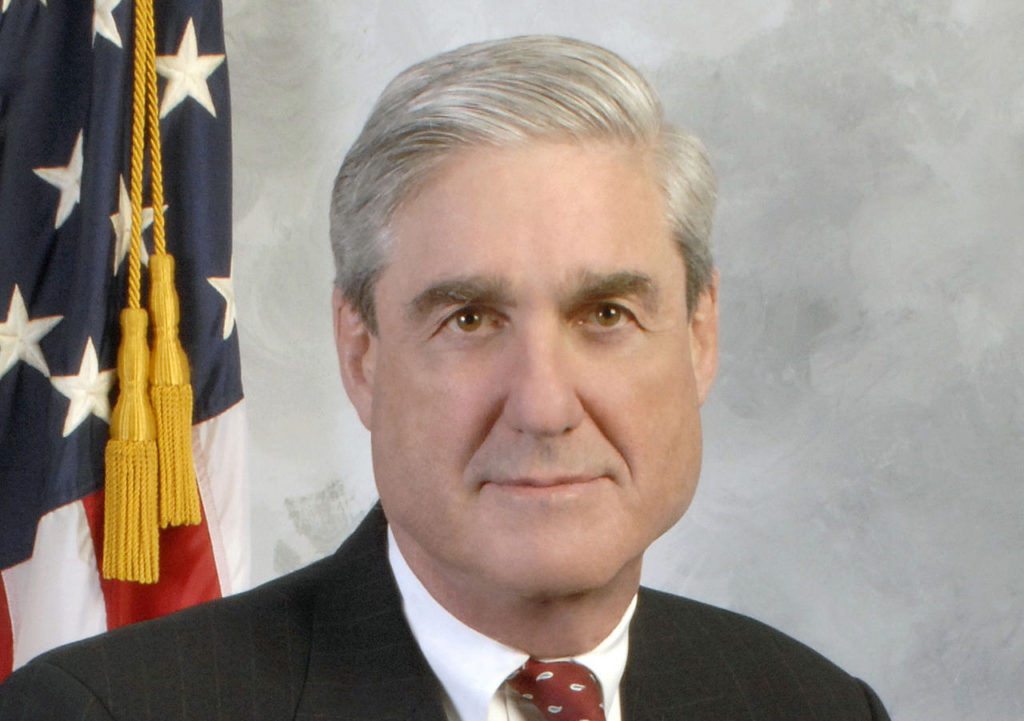Now we know why so many Republicans in Congress aren’t even bothering to run for reelection

Special Counsel Robert Mueller has obtained indictments against twelve Russian government spies who hacked and stole Democratic Party secrets during the election and then strategically shared them with everyone from WikiLeaks to Donald Trump’s close pal Roger Stone. Aside from the timing, which is clearly aimed at disrupting the Trump-Putin summit, the most notable new revelation here is the involvement of a Republican congressional candidate.
Mueller’s indictments allege that the Russian government hackers not only gave stolen Democratic Party emails to WikiLeaks and Roger Stone, but also gave them to an unnamed congressional candidate in the 2016 election. The Russians would not have hacked the Democrats and then given that information to a Democratic candidate, so we know that the candidate in question is a Republican. We’re working on narrowing down that list further, but the bottom line is this: the Russian government obviously wouldn’t have wanted just one Republican candidate to have those Democratic Party secrets.
So what really happened here? Did the Kremlin give the one Republican congressional candidate instructions to share the stolen data with other Republican candidates? Did the Kremlin tell the Trump campaign to share that data with Republican candidates it trusted? Those details will come out later, and Mueller has his reasons for keeping them under wraps for now. But the bottom line is that this is almost certainly leading up to a big reveal that several Republican candidates in 2016 – and quite possibly the Republican Party leadership itself – had its hands on Democratic Party secrets stolen by the Russians.
The implications here are astounding. Knowingly receiving stolen goods is a crime. It’s also a crime for a candidate to accept gifts of value from a foreign government. These are the easy cut-and-dry charges to prove, before getting to the headier criminal charges like conspiracy against the United States or treason. We’re looking at a chunk of the Republican Congress being criminally indicted. Over the past year we saw a big clue that told us this was coming.
Quite a number of Republicans in Congress have already announced that they’re not seeking reelection in 2018. Yes, there’s a Blue Wave coming in November. But some of the Republicans are in such far-right districts that even with the Blue Wave, they’d have been favored to win reelection – yet they’re not bothering to run anyway. Notably, a disproportionately large number of Republican committee chairs have decided not to seek reelection, and they’re the ones who get to see more classified intel than the average member of Congress.
We’ll see which Republicans in Congress are fleeing because they’re guilty and they know it’s going to come out, and which ones are fleeing simply out of fear that this whole thing will explode before November and make it difficult for any Republican to get reelected. But for now, it’s a huge deal that Robert Mueller has tied the Republican Congress to Trump-Russia election hacking. Today’s indictments are largely symbolic, as none of these hackers will ever be extradited. The indictments are all about establishing that the Trump campaign – and the GOP Congress – as having been complicit in the Russian government election hacking before they’re charged.
